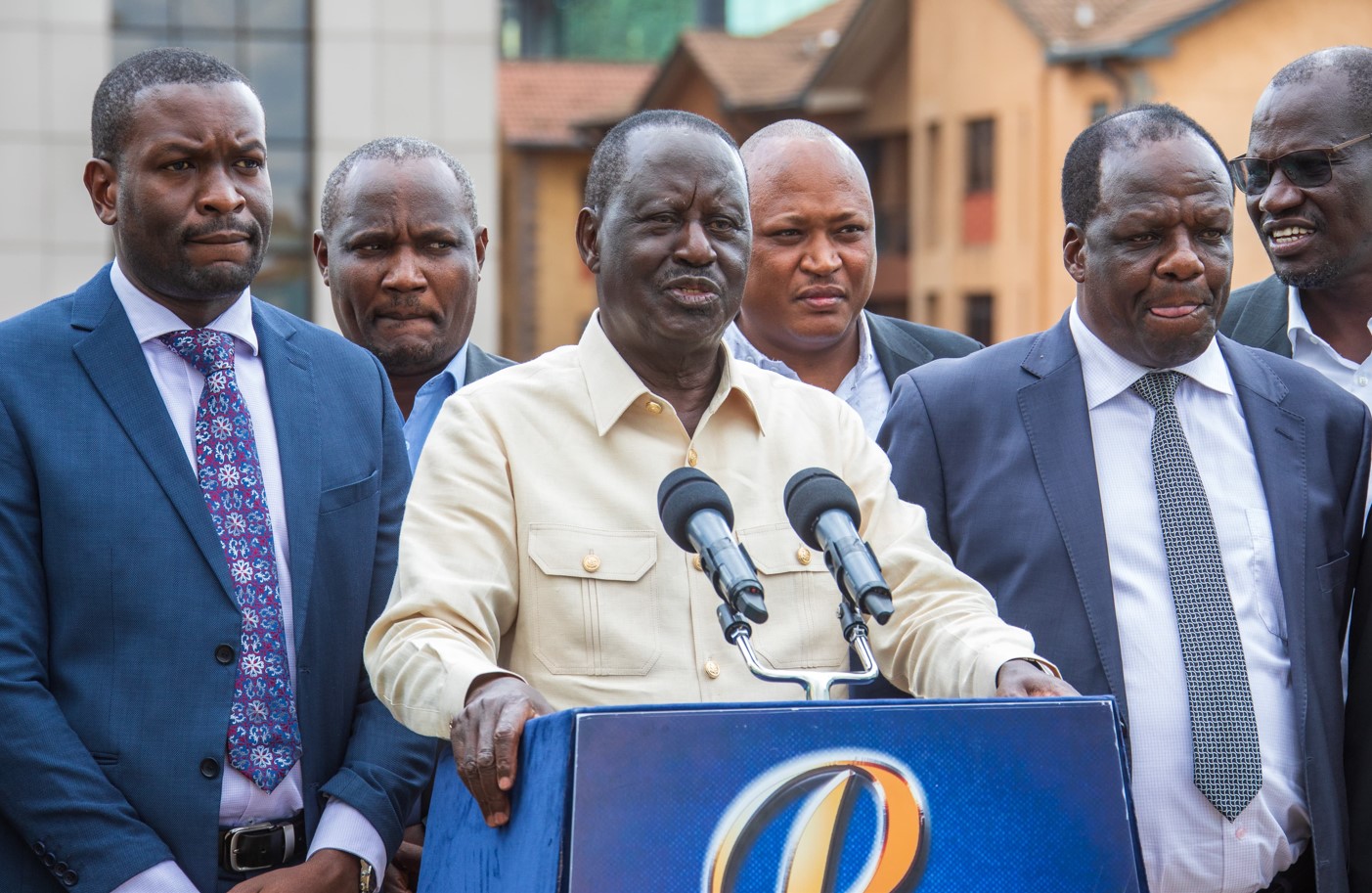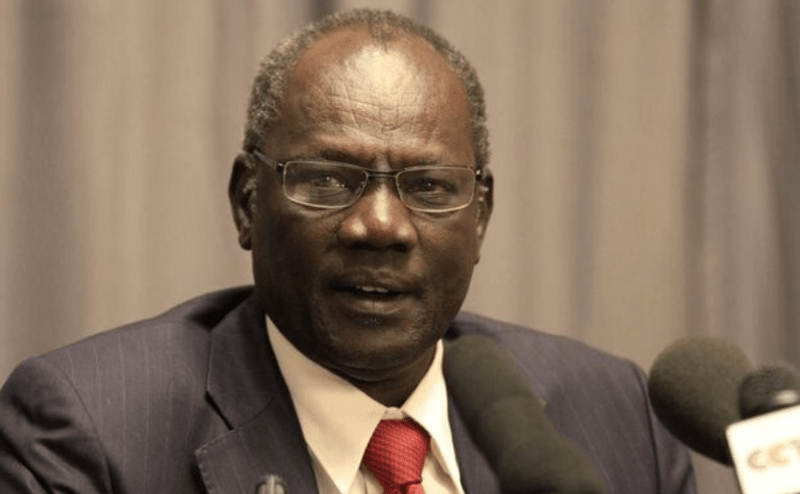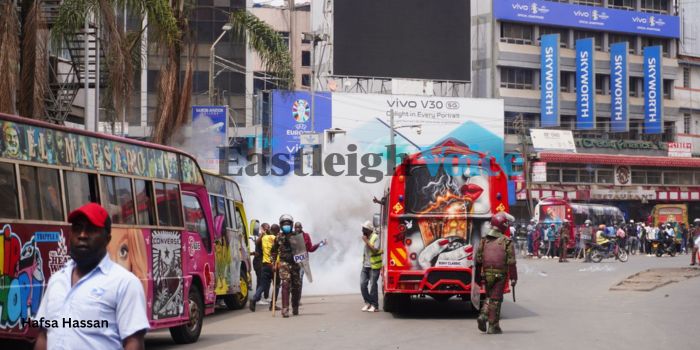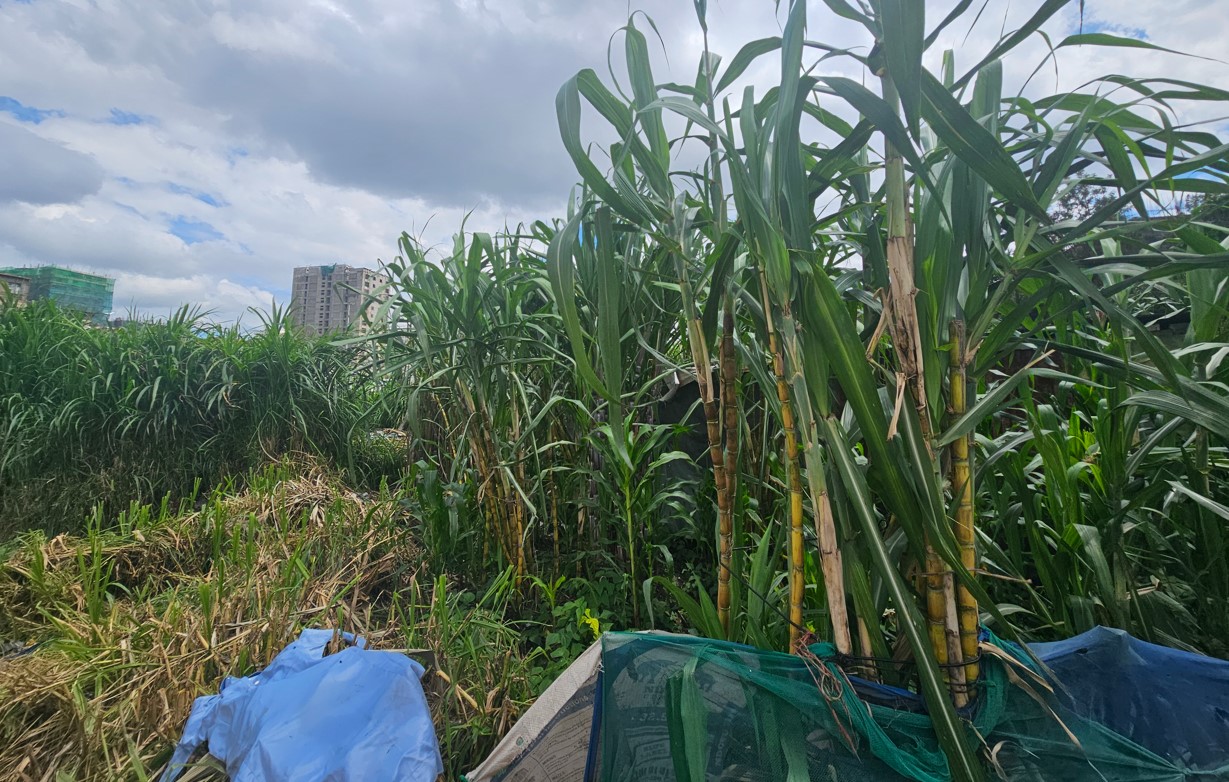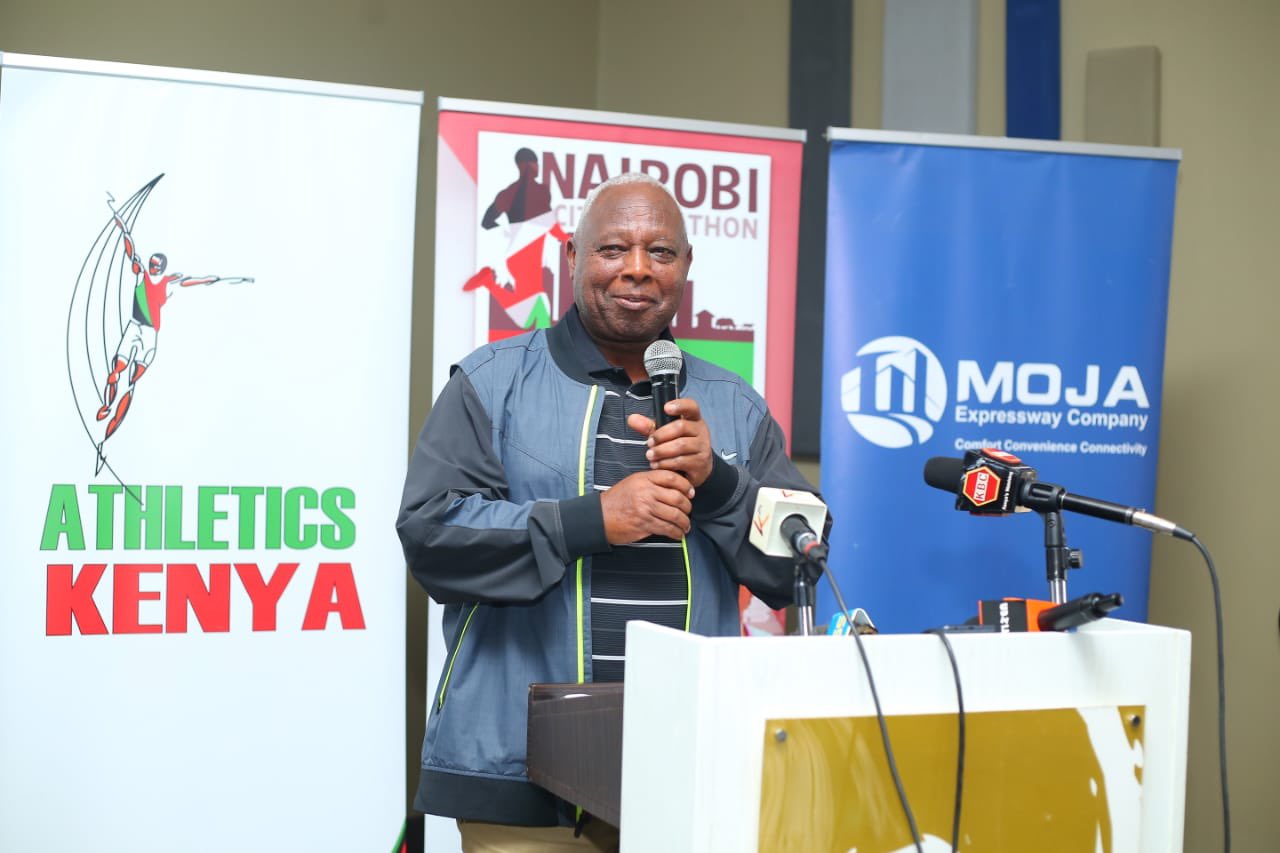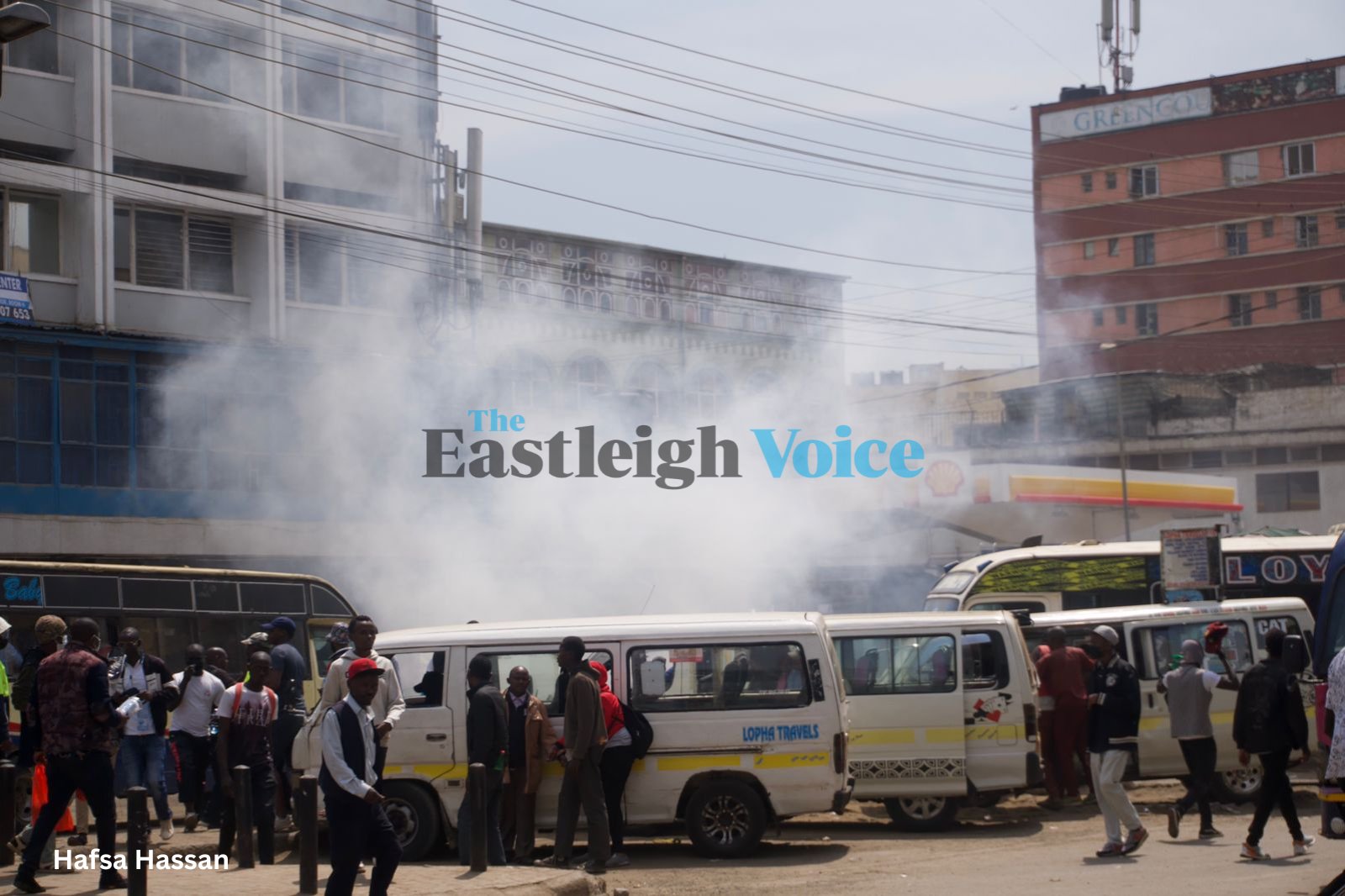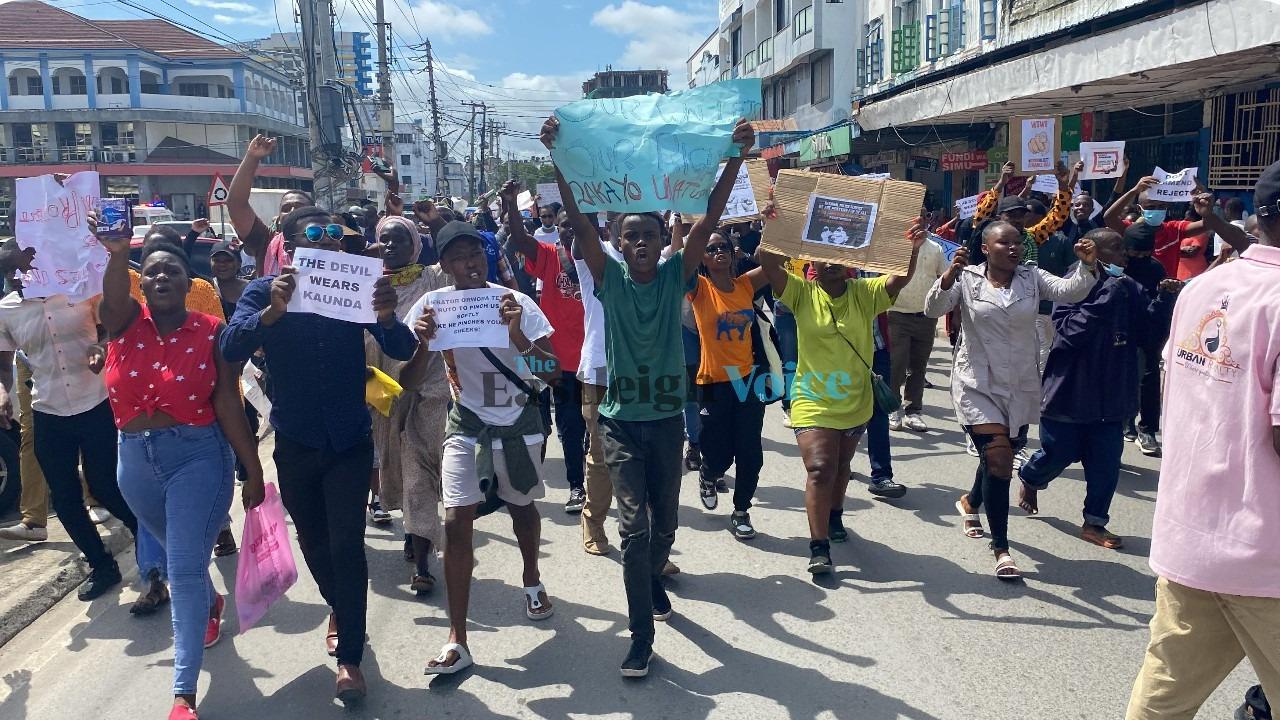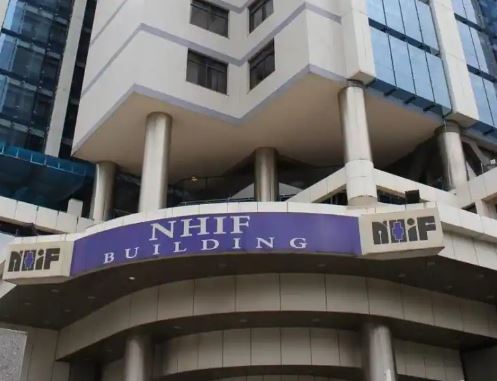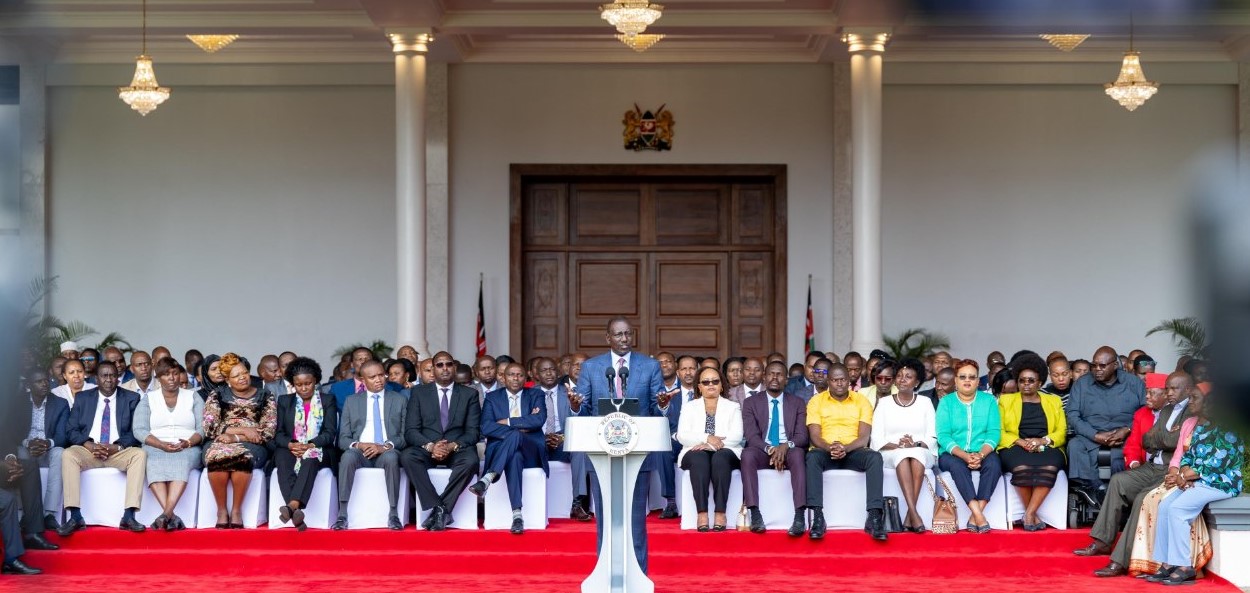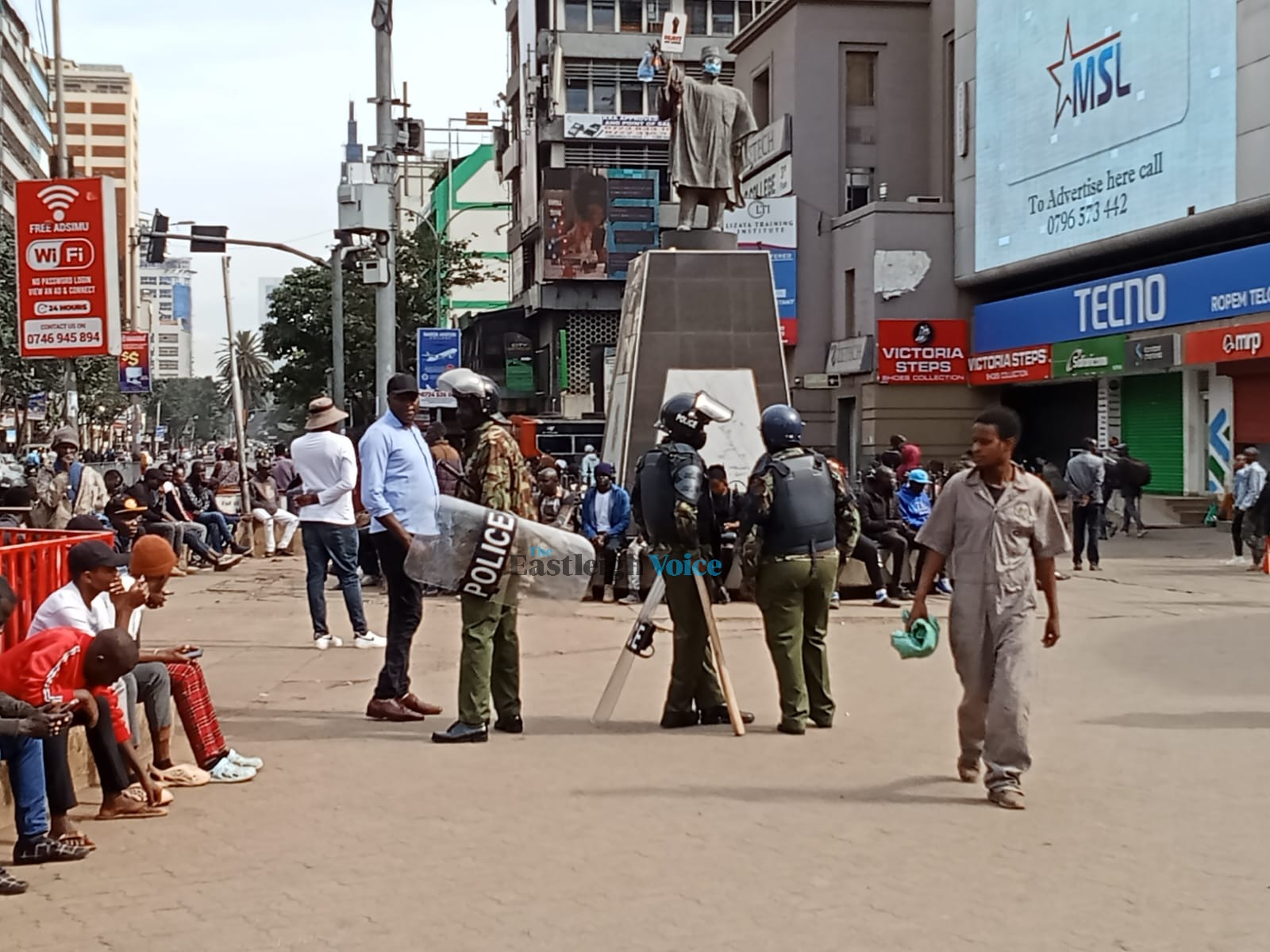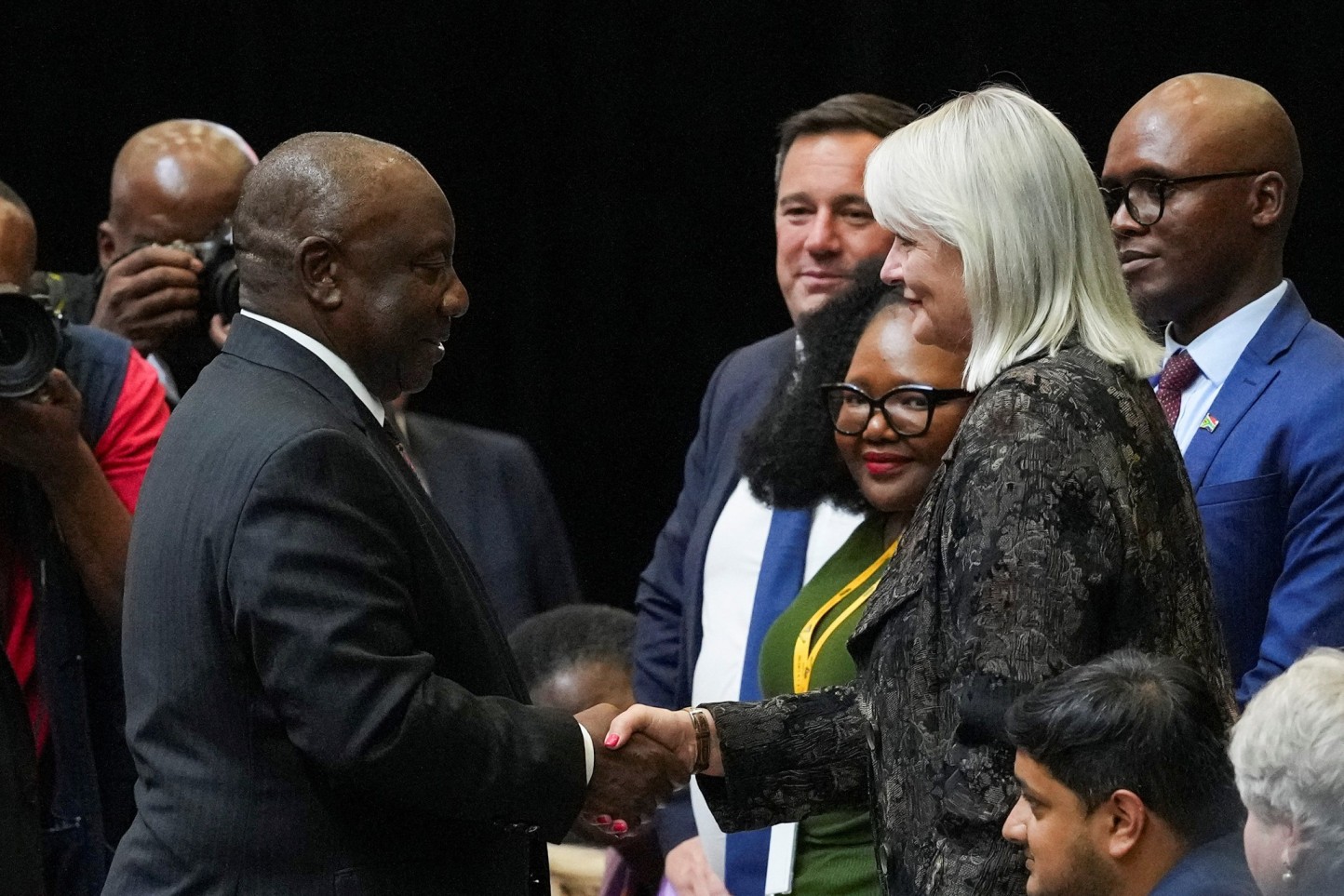Afreximbank raises Sh4.9 trillion to boost Intra-African trade
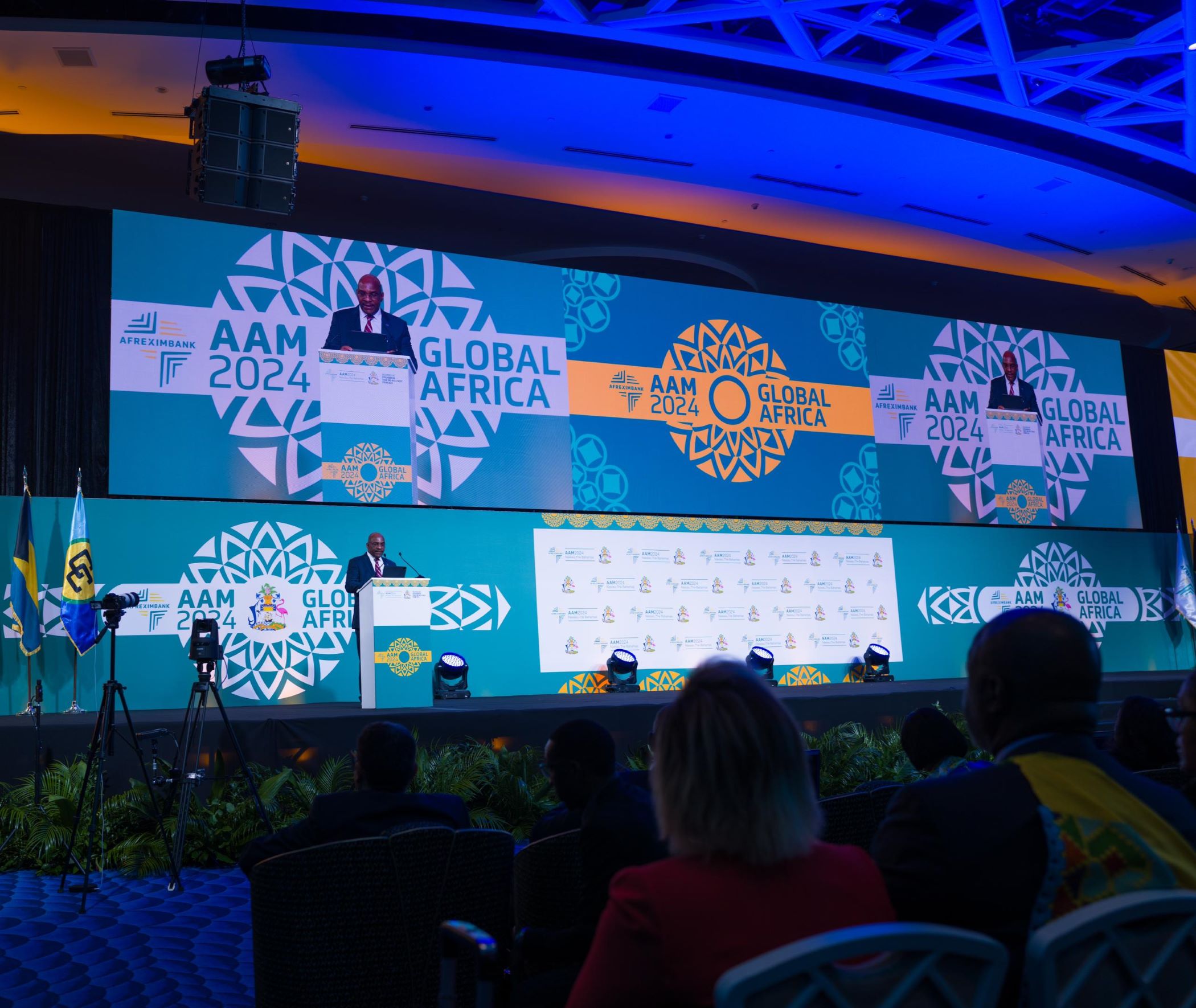
By Amina Wako |
Afreximbank, the Pan-African multilateral financial institution, has successfully mobilised US$38 billion (Sh4.9 trillion) in funding through its Central Bank Deposit Programme since its launch in 2014.
According to Newsday, in Zimbabwe, Vice-President Denys Denya announced during a plenary session at the bank's 31st Annual Meetings and the 3rd Afri-Caribbean Trade and Investment Forum held in Nassau, The Bahamas, last Wednesday.
Keep reading
The Central Bank Deposit Programme, designed to harness a portion of African central banks' reserves, aims to bolster intra-African trade and economic development. By leveraging these reserves, the programme supports economic growth and integration across the continent, providing much-needed financial resources for various developmental projects.
"We need African solutions to Africa's problems. We raise funding from the continent," Denya emphasized during his speech. "In terms of funding, in 2014, Afreximbank launched the central bank deposit programme. Since then, cumulatively, we have raised US$38 billion(Sh4.9 trillion)," he said.
In his opening remarks, Denya highlighted Africa's historical marginalisation in the global economic and financial spheres despite the abolition of the transatlantic slave trade in the early 19th century. He stressed the urgent need for a united Africa, particularly in an increasingly deglobalized world marked by economic and political dominance by prominent global actors.
"I would like to remind us of the hope of our forefathers — who fought and lost their lives in the quest for emancipation from the clutches of colonialism and neo-colonialism," Denya said. "It has been a long and bumpy journey characterized by uncertainty of enormous proportions."
More needs to be done
Despite political progress, Denya noted that much more needs to be done economically to achieve a common purpose and shared vision for the continent. He lamented the current state of the global economy, marked by rising nationalism, deglobalisation, and a shift from a rules-based multilateral trading system. These trends, he argued, have fractured the international trading system and heightened geopolitical tensions, undermining the development aspirations of many developing nations.
During the opening remarks at Afreximbank's Annual Meetings in Nassau, Bahamas, Senior Executive Vice President, Denys Denya, highlighted the significance of unity through the concept of 'Global Africa,' which connects Africans worldwide through shared history and experiences. He… pic.twitter.com/S9HZs3OSff
— Afreximbank (@afreximbank) June 12, 2024
"The recurring global shocks and associated liquidity constraints have left most developing economies at the mercy of creditors whose terms of lending appear designed to ensure a continuous cycle of borrowing, with dire implications for macroeconomic management and socio-economic development," Denya explained.
Given its vast natural resource endowment, he also pointed out the puzzling nature of Africa's development narrative. Africa is home to over 30 per cent of the world's mineral reserves, 13 per cent of the world's oil, and significant proportions of critical minerals like cobalt and tantalum. Additionally, the continent controls 20 per cent of the global production of platinum, natural diamonds, chromite, manganese, phosphate rock, gold, and uranium and over 60 per cent of the world's uncultivated arable land.
"Regrettably, for a continent that is endowed with such an abundance of natural resources, the quest for sustainable development has been a perennial struggle," Denya lamented. He also drew parallels with the Caribbean, noting that both regions share a narrative of sustained deprivation and marginalisation.
In light of these challenges, Denya called for unity among African countries and their global diaspora, advocating for a collective effort to change the continent's development trajectory. He stressed that strengthening trade and investment flows among African nations is crucial for wealth creation and enhanced interconnectivity, which would help withstand global shocks.
"Trade among African countries remains exceptionally low compared to intra-regional trade in other regions," Denya noted. "Strengthening trade and investment flows among ourselves is a crucial step towards wealth creation. Also, deepening trade and investment flows will promote enhanced interconnectivity while contributing to our capacity to withstand global shocks."
Denya emphasised equitable partnerships and fair competition, calling for meaningful trade agreements that address capacity challenges. He urged African nations to rely on their collective imagination and resources to create a competitive edge and secure a seat at the decision-making table.
"In our collective ambition and aspirations bound by a unified conviction, we shall carry the mantle from our forefathers to make that dream of Global Africa a reality. We must unite and change the course of our destiny and our economic fortunes," Denya said. "We have come to the point where we cannot afford to rely on the generosity or pity of others or continue to wait for non-maturing promissory notes in the form of aid and grants."
By mobilising capital from various investors, Afreximbank has played a pivotal role in numerous landmark deals across Africa, especially during the COVID-19 pandemic. The three-day annual meetings, themed "Owning Our Destiny: Economic Prosperity on the Platform of Global Africa," continue to explore ways to achieve economic self-reliance and prosperity for the continent.
Before you go, how about joining our vibrant TikTok and YouTube communities for exciting video stories?





